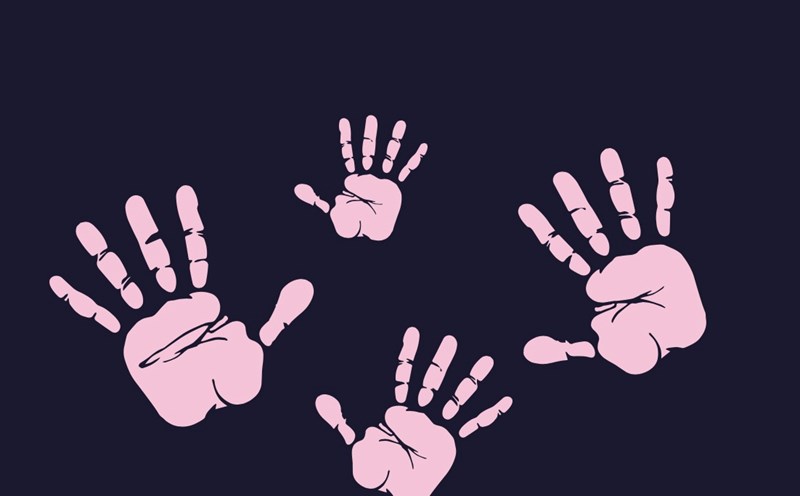Recently, the National Children's Hospital received a 3-month-old girl for treatment and admitted her to the hospital in a state of severe bleeding in the genitals. After consultation, the doctors determined that this was a case of sexual assault. Emergency surgery was performed to preserve the baby's genitals and genitals.
Although physical damage is handled promptly, doctors and psychologists all warn: invisible mental wounds can silently last a lifetime if not properly intervened.
According to MSc. Dr. CKI Le Chi Hieu - Department of Gastroenterology, Children's Hospital 2 Ho Chi Minh City, the brains of infants and young children are completely capable of remembering painful feelings in the form of body memories, even if the child does not have the ability to speak. Early shocking experiences can disrupt nerve development, regulate emotions, and form behavior.
Positional psychological disorders that can occur after a stroke include: prolonged anxiety, attachment disorder, post-concussive stress (PTS), selective stuttering, sleep disturbances and behavior. Depending on the living environment and adult support, each child's reaction will be different.
The Ministry of Home Affairs recorded about 1,000-1,800 cases of child abuse each year in Vietnam, of which up to 80% were sexual assault. Notably, nearly 60% of the perpetrators were relatives or acquaintances. The "safe zone" of children - the family - is sometimes the place with the most potential risk.
Children, especially under 3 years old, cannot defend themselves or recount what happened. Therefore, adults need to pay special attention to unusual signs such as prolonged crying, changes in behavior, unreasonable fear, or strange marks in the closed area.
Ho Chi Minh City Children's Hospital 2 recommends that sex education should be carried out early, suitable for each age. Children aged 0-3 should be taught to call their body parts correctly and know which areas are private. From 3-6 years old, children need to be taught the right to refuse and that " body secret" is something that should not be kept. At an older age, children need to understand consensus, emotional boundaries and safety on social networks.
Gender education not only helps children protect themselves, but also prevents uneducated abuse from minors. That is an essential backup that cannot be delayed.
Children's protection requires close coordination between parents, the health sector and the community. Parents need to be alert, not to trust enough people, including relatives. Medical staff need to be trained in the skills to identify signs of aggression, especially in children who do not know how to speak. The community needs to actively speak out, not be indifferent or afraid when detecting violations of children's rights.
The heartbreaking incident of a 3-month-old girl was a wake-up call. Each family needs to become a "real safety zone", where children are loved, listened to and grow up with full physical and mental protection.











